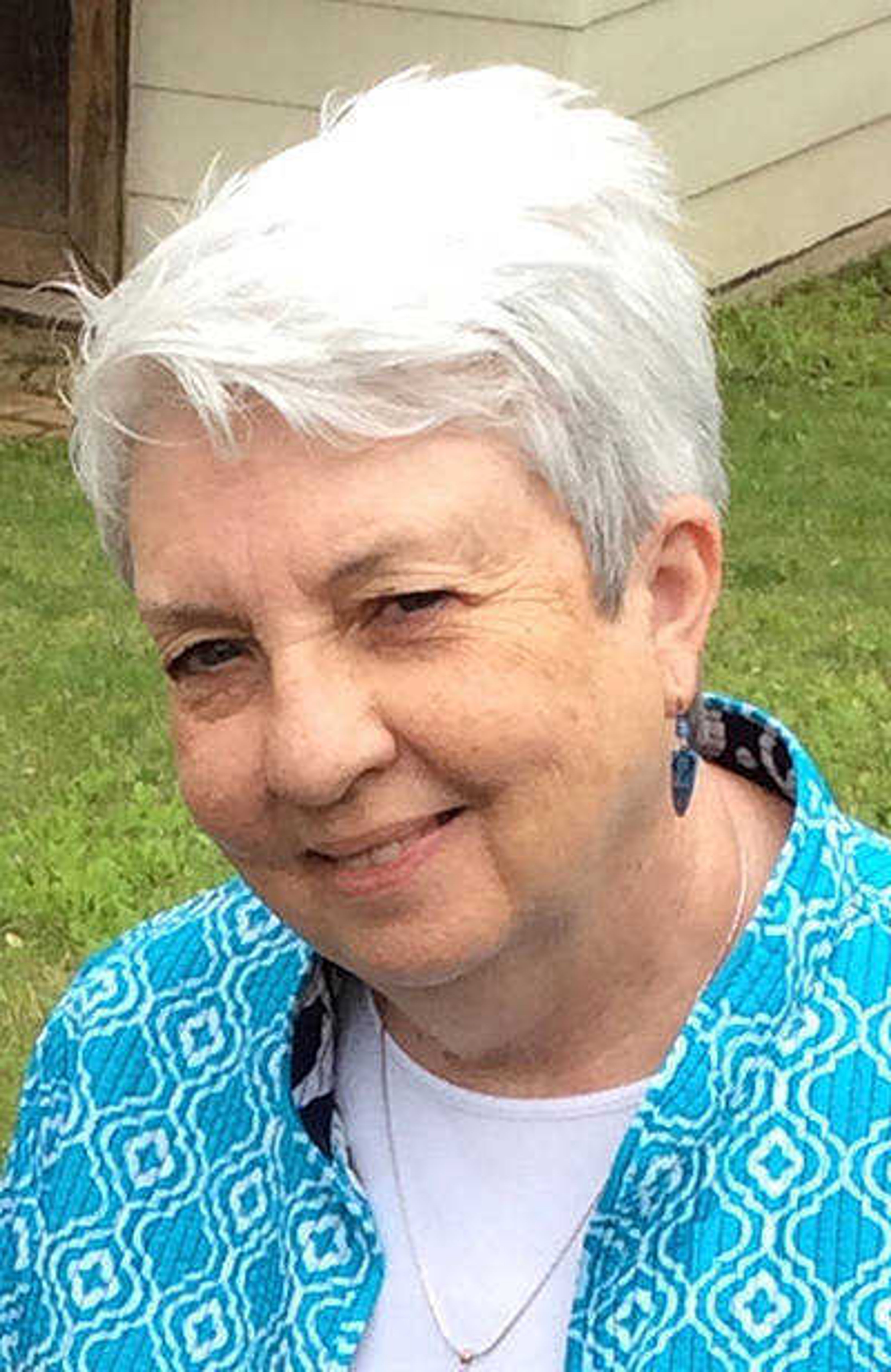Cape Girardeau: A place of refuge
Displaced. Homeless. Poor white farmers were desperate to escape brutal guerrilla conflict downstate. Black enslaved families left oppressive owners. Many took risky journeys throughout the Civil War, all seeking protection among the Union army regiments encamped in Cape Girardeau. ...
Displaced. Homeless. Poor white farmers were desperate to escape brutal guerrilla conflict downstate. Black enslaved families left oppressive owners. Many took risky journeys throughout the Civil War, all seeking protection among the Union army regiments encamped in Cape Girardeau. The accompanying photograph documents a moment in this saga, depicting 13 men, women and children, some with armloads of survival goods, leading an ox bearing meager belongings. Onlookers may have also been refugees arrived in earlier days, including several people of color.
The needs of the refugees -- for food, clothing, employment -- persisted throughout the four-year war. The burden on the military eased when the Western Sanitary Commission, from Saint Louis, stepped up with supplies and personnel. Refugee houses were established in Natchez, Vicksburg, Helena, Little Rock, Ironton, Rolla, Springfield and Cape Girardeau.
Chaplain Norman N. Wood (2nd Missouri State Militia Cavalry) was the first Superintendent of Refugees in Cape Girardeau. He oversaw dispersement of clothing, books, medicines, vegetables, garden seeds and implements, and farming tools. His reports for July and August 1864 show 340 persons were assisted. Some were widowed or orphaned by the war, others had husbands and fathers in Union military service.
Chaplain E. O'Brien (17th Illinois Cavalry) succeeded Wood in 1865 and worked primarily among the Black refugee community in Cape Girardeau. O'Brien, the local agent for U.S. Bureau of Refugees, Freedmen and Abandoned Lands (commonly known as the Freedmen's Bureau) continued to dispense practical aid for newly freed people of African descent. O'Brien's role extended several months beyond the war's end, as he arbitrated issues that needed to be sorted out in society following Emancipation.
The Cape Girardeau Weekly Argus newspaper regularly mentioned O'Brien, who often preached at the Baptist and Presbyterian churches.
O'Brien was also ridiculed by the Argus editor, William Hamilton, critical of aid given freedmen. In July 1865, Hamilton harangued O'Brien by printing rumors he had a "habit of hunting up the different parties of African descent who have lived together without marrying and threatening them with the 'Provost Guard'...." Hamilton accused O'Brien of scandalously undercutting Black ministers by coercing couples into matrimony ceremonies he officiated, accused him of collecting fees, and kissing the brides.
In rebuttal, O'Brien wrote, in open letter, to inform readers of his role with the Freedmen's Bureau. He was charged to protect the rights of the newly freed, mediate disputes of employment practices, and reunite families separated by slavery and denied marriage, prior to Missouri's 1865's emancipation. O'Brien stated his delight in the experience of officiating, remarking the couples "are highly elated with the idea of being properly 'joined together ... no more to be separated.'"
O'Brien also warned his critics: "... it is not best for citizens to continue to embarrass me in the discharge of my proper duties..." He encouraged the uninformed to call at his office for information about Freedman's Bureau.
My next article examines the 1865 matrimonial ledger and the 66 couples united by O'Brien and other area pastors.
Connect with the Southeast Missourian Newsroom:
For corrections to this story or other insights for the editor, click here. To submit a letter to the editor, click here. To learn about the Southeast Missourian’s AI Policy, click here.











